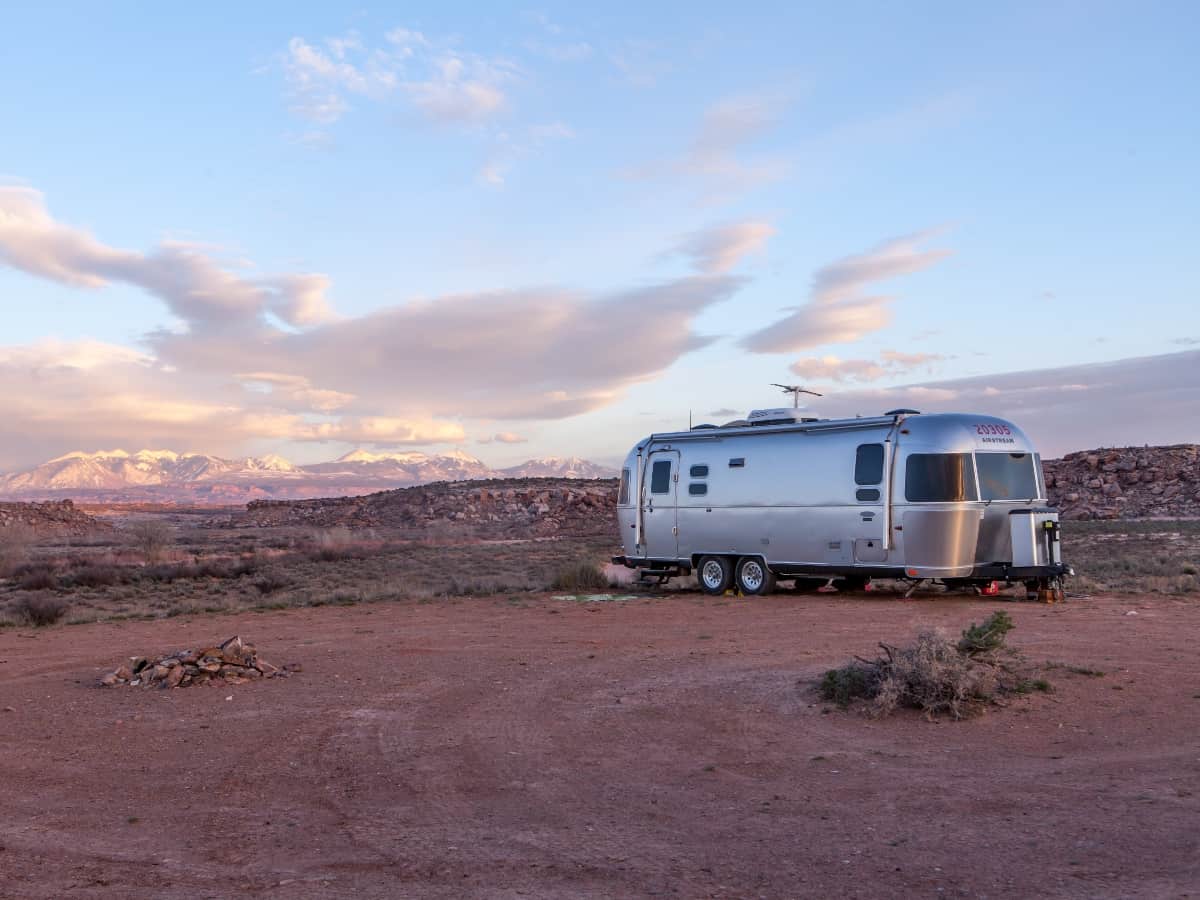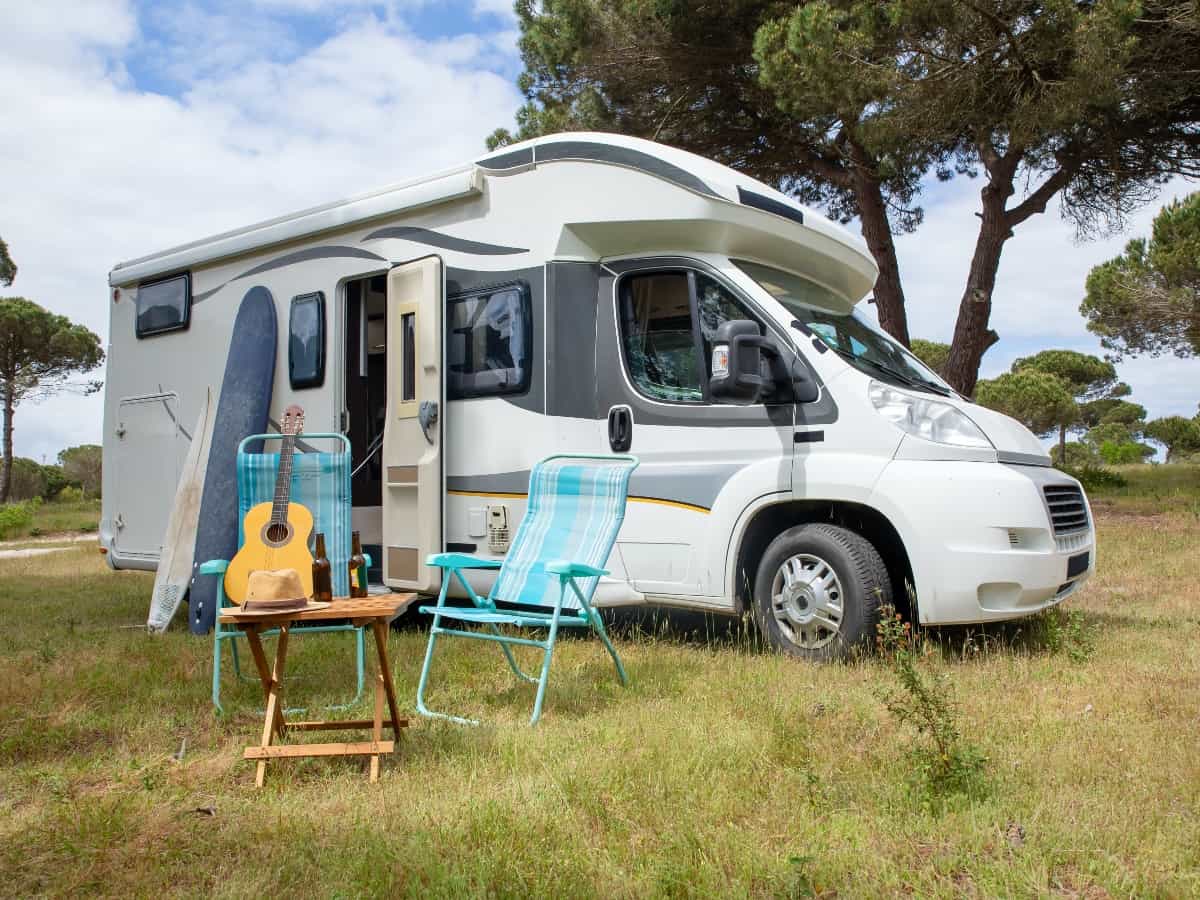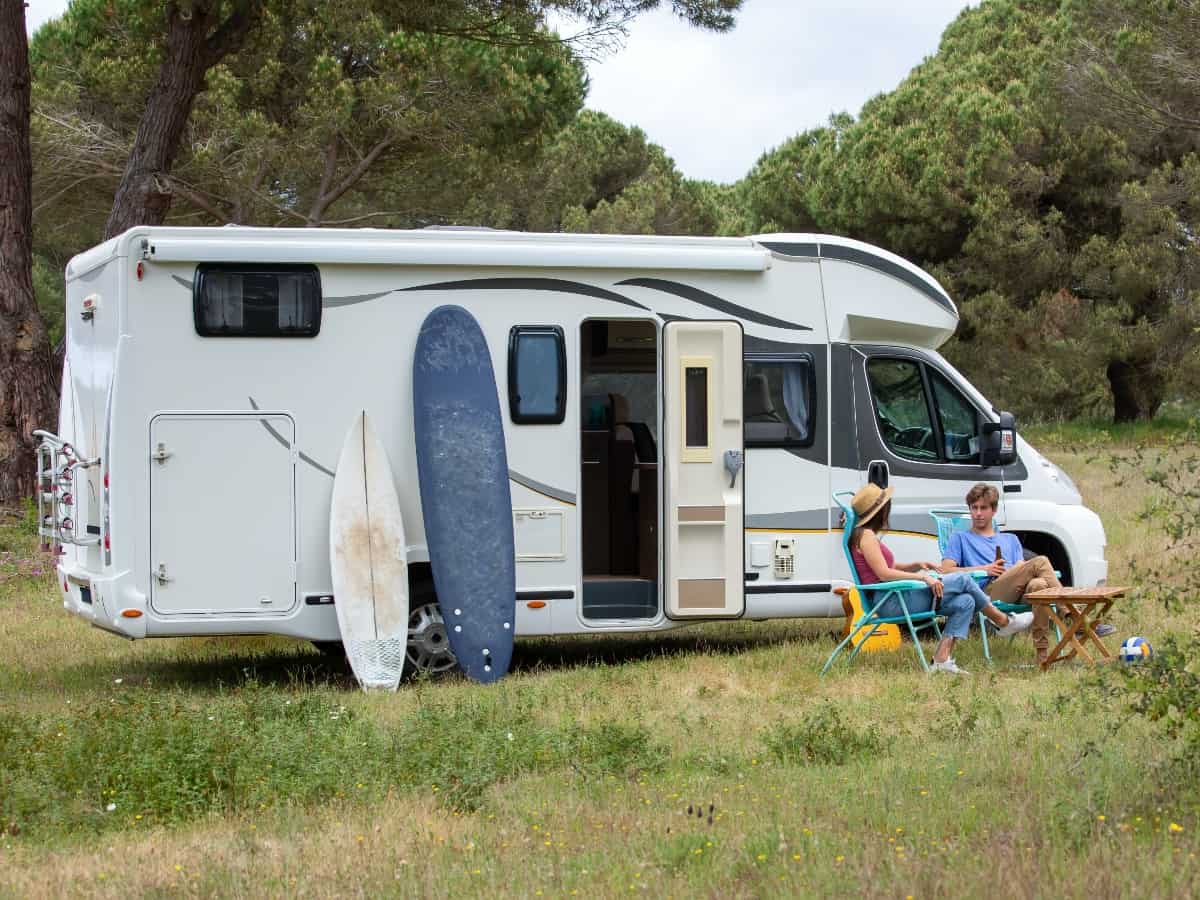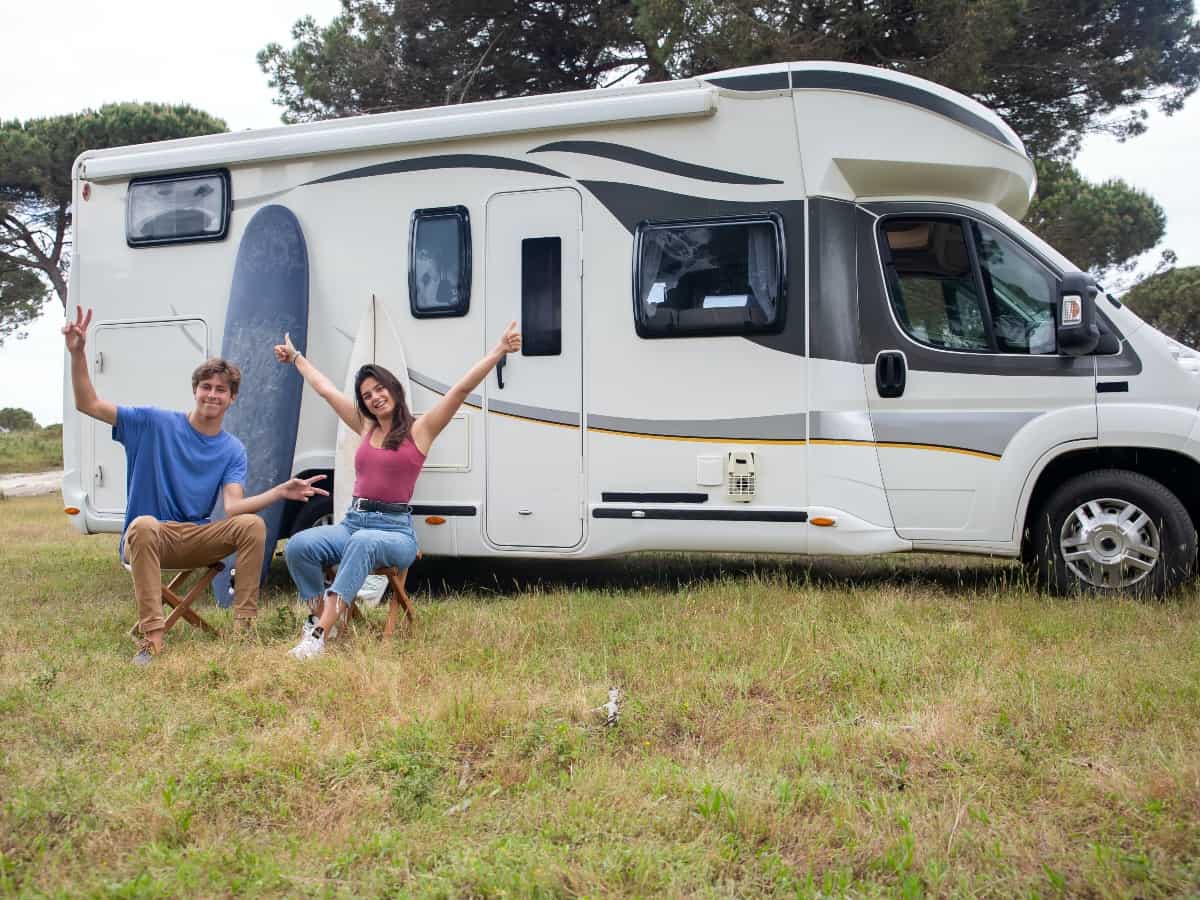Buying an RV can be one of the most rewarding purchases you make. It’s an excellent way to get out and explore. However, if you are considering buying an RV, you want to have the right RV insurance coverage to protect yourself and your vehicle.
There are a few important aspects to know about RV insurance, and this guide will discuss what it covers. We’ll also talk about some of the most important factors to think about when buying a new policy.
What Is RV Insurance?
Maybe it’s a large motorhome that looks like a big Winnebago. Maybe it’s a sleek camper that can hold your whole family and all their stuff. Or maybe it’s a tiny trailer that you tow behind your car.
Whatever kind of RV you have, one thing remains the same. You need to have RV insurance to drive it legally. There are many different kinds of RV insurance policies to choose from. Each has different effects depending on whether you use your vehicle for fun or as a permanent home.
Having RV insurance will shield you from financial hardship in the event of an accident or other covered loss. Your recreational vehicle and its belongings are protected from theft or damage with RV insurance. Additionally, RV insurance protects you and your passengers in the event of an accident while on a recreational outing. Finally, RV insurance covers medical expenses and other costs if you injure or damage someone else’s property.
Most of the country requires that people who drive Class A, B, or C motorhomes have insurance, even if they don’t live in them full-time. In every state requiring private passenger vehicle insurance, you must have insurance if you drive an RV. Even if it’s not mandated where you live, you might consider purchasing it anyway. This may also be required if you plan on taking your RV across state lines.

What Is Covered by RV Insurance?
Your primary usage of the RV will determine the most crucial aspects of your policy. If you plan to use it as a weekend getaway, consider a policy that covers theft and natural disasters. You may need more comprehensive coverage if you plan on taking it out more often, such as for long-term camping trips. Additionally, you need to ensure that your RV insurance covers a variety of potential disasters if you intend to use it as a second home or rent it out.
Nevertheless, the following coverages are typically included in an RV or motorhome policy:
Collision Coverage
Collision coverage is a requirement for most new RVs, but it also covers damages done to your RV in a crash. This type of coverage will pay for repairs and replacement costs.
Comprehensive Coverage
This covers damage to your car caused by hail, fire, theft, and vandalism. Comprehensive doesn’t cover damage from hitting an animal or another person’s vehicle.
Bodily Injury and Property Damage Liability
Suppose you cause an accident that hurts or damages another driver. In that case, your car insurance will pay for their medical bills and repair costs.
Uninsured/Underinsured Property Damage and Bodily Injury
If an uninsured or underinsured driver causes an accident, this covers your damages.
Medical Payments
Medical payment coverage helps pay medical bills due to an accident. This coverage can supplement your medical insurance coverage.
Aside from the standard RV insurance coverage, some insurance companies offer extra coverage. Here are some of the more common coverages:
Travel Trailer Insurance
Suppose you have a travel trailer that you tow behind your motorhome. In that case, a travel trailer policy can protect it from theft and damage. It also covers personal property inside your trailer if stolen or damaged while on the road.
Roadside Assistance
Roadside assistance will cover your costs to get back on the road if you break down or get stuck. This could include anything from gas to tow truck fees.
Roof Protection
If your roof gets damaged, insurance will cover repairs or replacement costs.
Pest Protection
If pests like termites or rodents damage any property inside your RV, pest protection will cover repair costs.
Total Loss Replacement
If your RV or trailer is totaled in an accident, this pays out the value of your vehicle so that you can replace it with another one.

What Is Not Covered by RV Insurance?
While RV insurance is designed to help you with a wide range of potential expenses, it isn’t intended to cover every possible risk. For example, RV insurance does not cover damage caused by normal wear and tear, such as rusting or deterioration that occurs with time. It also does not cover damage caused by mold or fungi damage.
In addition, RV insurance does not cover the cost of repairs to your trailer or RV if it’s damaged by a natural disaster such as a flood or fire. If these natural disasters are common in your area, you may want to supplement your coverage.
Another thing to remember is that RV insurance does not cover any damage that occurs while your vehicle is used for commercial purposes. If you use your vehicle for work, you will need to get separate coverage for this use case.
Finally, if you’re towing a car behind your RV, it will not be covered by your RV insurance. Therefore, if you have an RV, you will need to purchase a separate policy for the vehicle itself and an additional policy for any vehicles being towed by it.
Differences Between Auto Insurance and RV Insurance
Auto and RV insurance are essential to protect you, your passengers, and your vehicles. However, the two types of insurance coverage differ significantly. Below are some key differences.
- An RV is bigger than a car. It is generally larger than 26 ft in length. The RV size will affect the coverage you need and the cost of your insurance premiums.
- The type of vehicle you drive is another important factor when comparing auto and RV insurance. A car is typically used for personal use. In contrast, an RV can be rented out to others or used for commercial purposes.
- RVs are often used for recreation or vacation, so they usually need more coverage than just liability insurance.
- An RV is sometimes only used occasionally and can be stored, which allows for major insurance discounts.
- An RV is considered a luxury vehicle and has more expensive parts than a car would have. If something happens to your RV, it will be more expensive to fix.
- RV insurance costs hundreds more than auto insurance because RVs cost more to repair or replace.
The Best RV Insurance Providers to Consider
When looking for a company to insure your RV, a handful of companies do the best job insuring RVs. These include:
National General
National General has been in business since 1920, specializing in insuring vehicles of all types. They offer good discounts and can help you find the right coverage plan.
Roamly
Roamly is an online-only insurance company specializing in recreational vehicle insurance. They offer great rates and provide customers with excellent customer service.
Progressive
Progressive has been around since 1937, and they are known for providing excellent customer service. They also offer good rates on their plans.
Nationwide
Nationwide has been around since the 1920s, meaning they’ve had plenty of time to perfect their craft as an insurance provider. They offer great coverage plans at fair prices.

Understanding RV Insurance Coverage Can Help You Choose the Right Policy for Your RV
When you’re ready to take your RV out on the road, it’s important to ensure you have the right insurance. You don’t want to get stuck with a huge bill if something goes wrong, so make sure you talk to an agent before you hit the road.
We hope this article helped you understand what type of insurance coverage is right for your RV and that you’ll be able to get out there and enjoy yourself!



